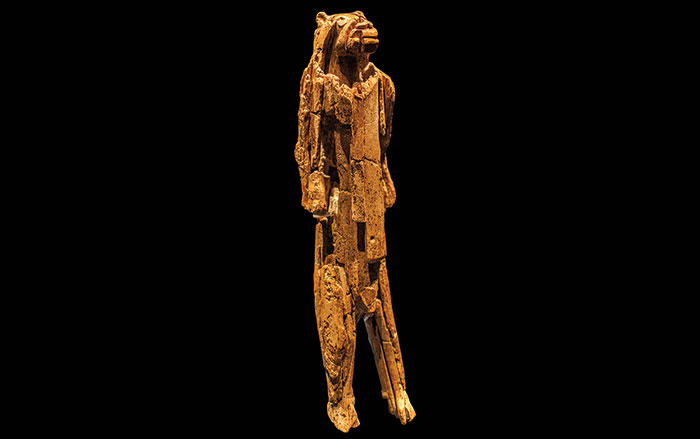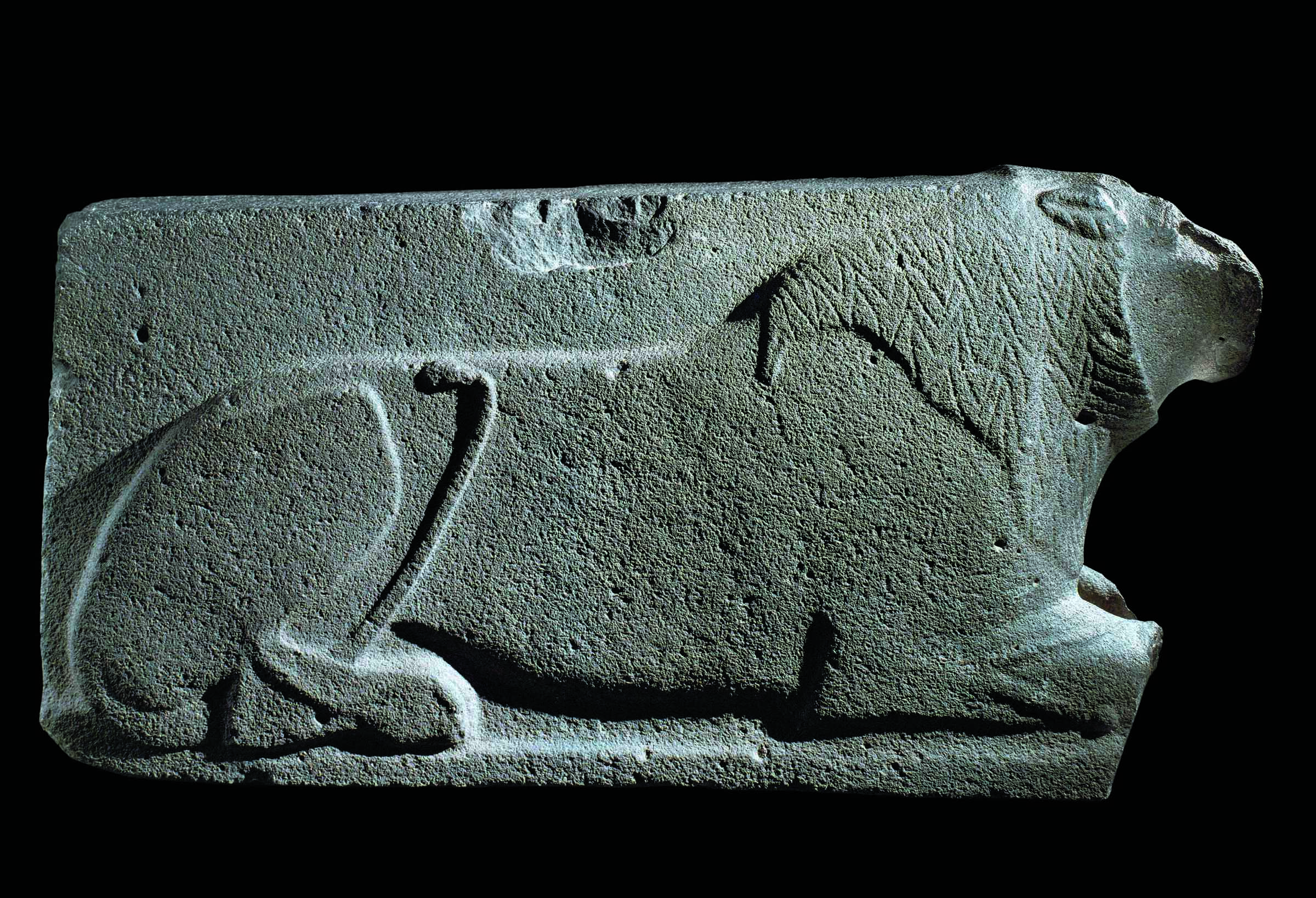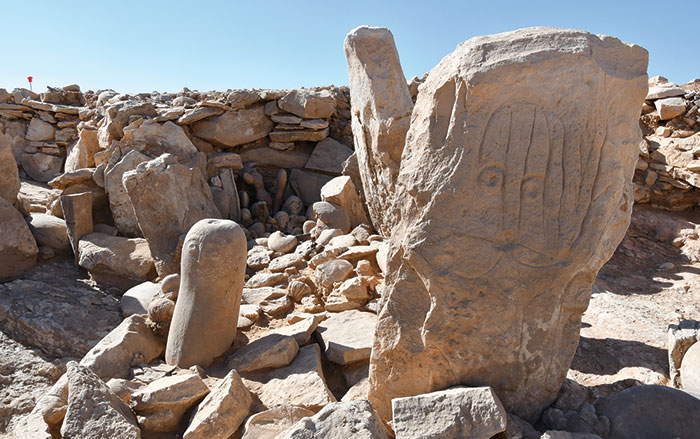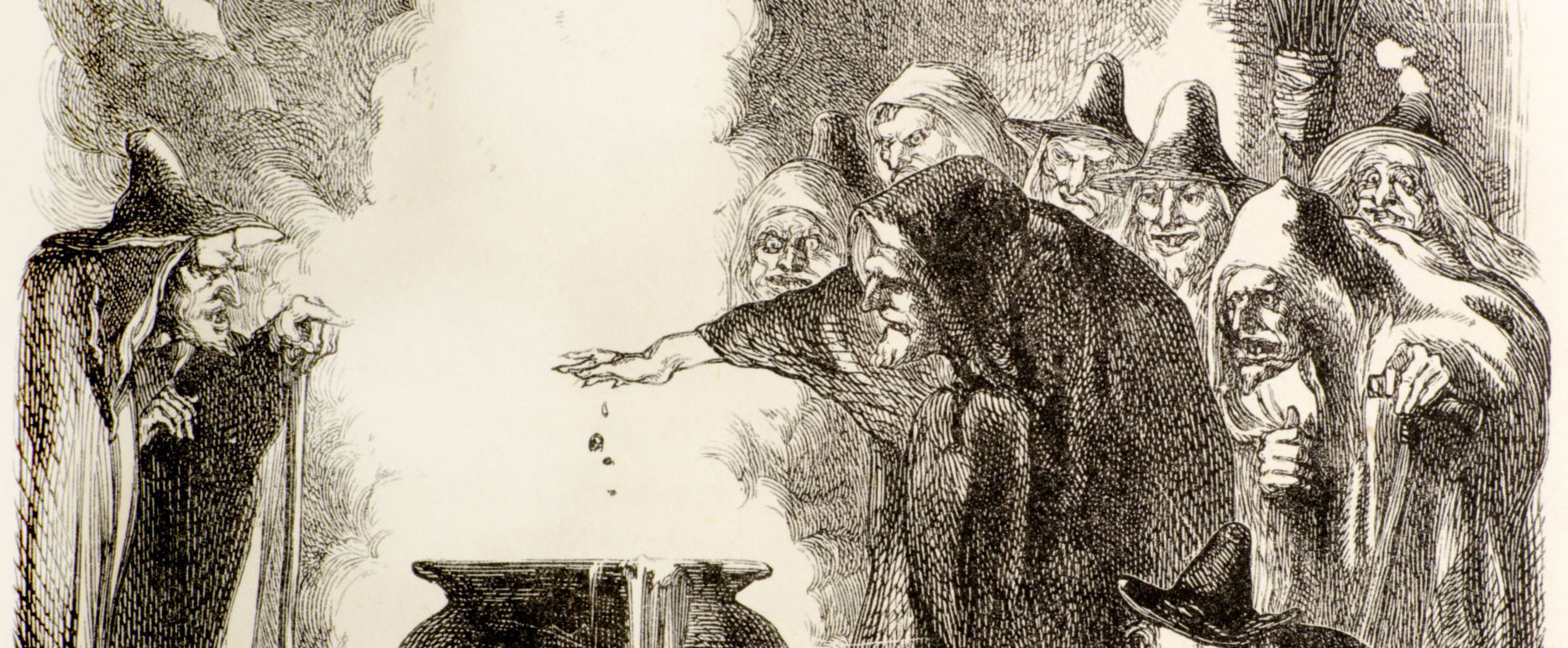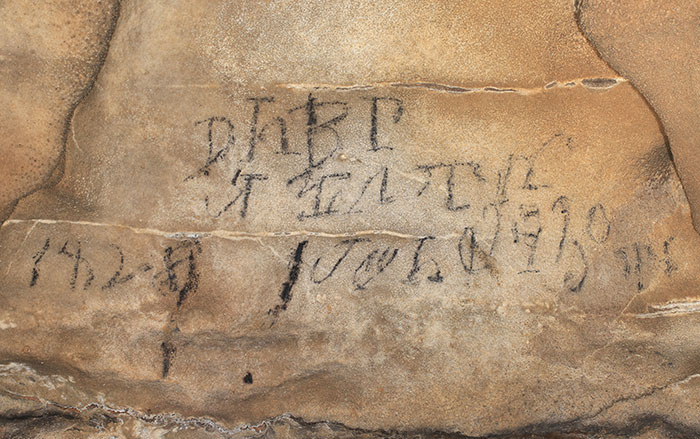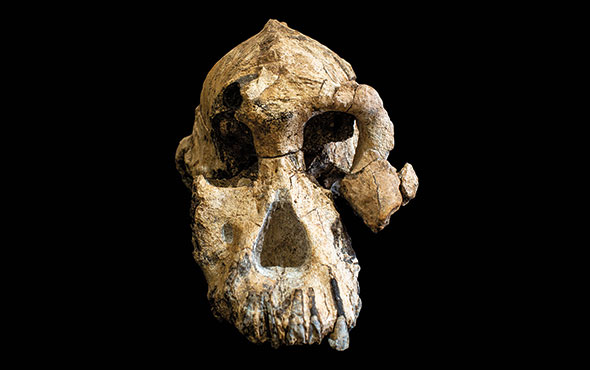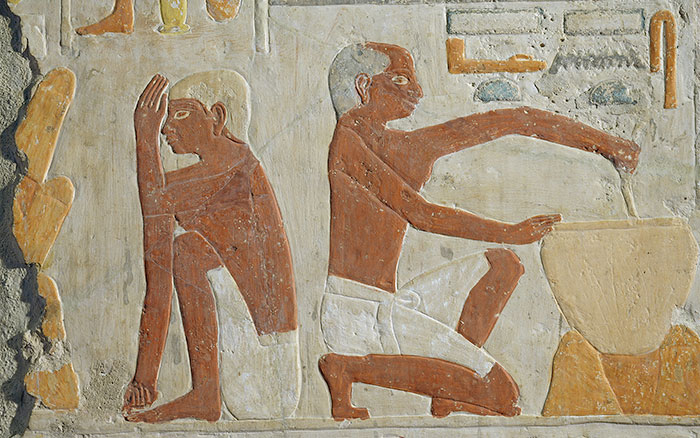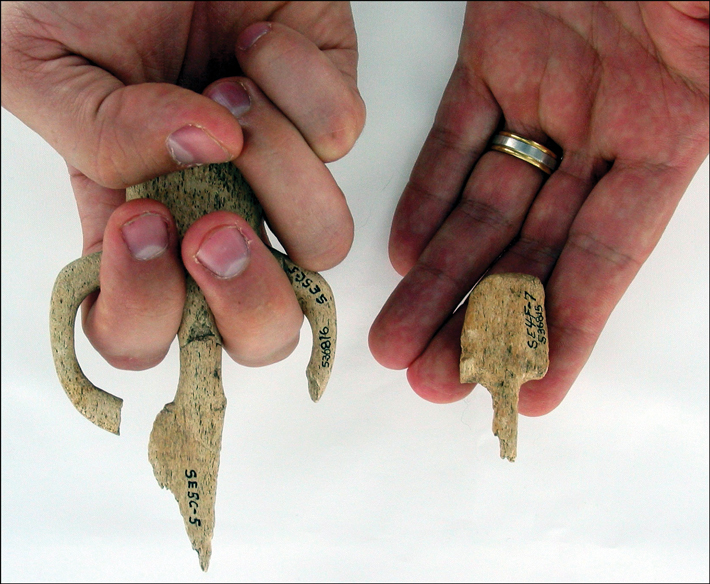
EDMONTON, CANADA—Live Science reports that researchers led by Robert Losey of the University of Alberta examined more than 90 atlatls and fragments of such weapons recovered from the Par-Tee shell midden in the 1960s and 1970s. Located on the northern coast of Oregon, the site was created by Native Americans more than 1,000 years ago. Careful measurement of the atlatls, which were carved from whale bone with a grip at one end and a hook for a dart on the other, revealed that the largest was 166 percent bigger than the smallest, a size difference much larger than the variations found among adult-sized hands. Thus, the researchers suggest the smaller weapons were used by children to master the skill of dart throwing, which would have been critical to their survival. Previous tests conducted with smaller atlatls found the weapons to be highly effective, in that they could hurl a dart some 100 feet. To read about how an archaeologist reconstructed a Moche ritual game that involved the use of atlatls, go to "Bringing Back Moche Badminton."



